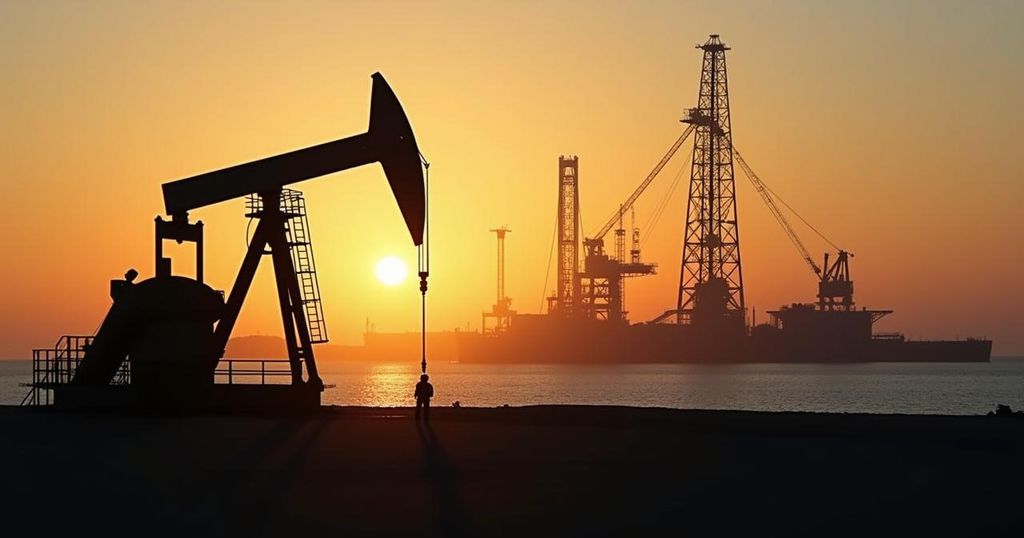Bolivia Concludes Gas Exports to Argentina Amid Shifting Energy Market Dynamics

Bolivia has officially halted its gas exports to Argentina as of September 18, 2024, ending nearly two decades of supply. Argentina is advancing in its projects to enable gas exports to neighboring countries and international markets. While imports from Bolivia have ceased, natural gas supplies continue to Brazil, and discussions are ongoing about utilizing Bolivia’s pipeline network for Argentina’s gas exports. Tariff negotiations and alternative routing options continue to emerge as critical topics of focus in regional energy discussions.
As of September 18, 2024, Bolivia has officially ceased its natural gas exports to Argentina, as confirmed by Yacimientos Petroliferos Fiscales Bolivianos (YPFB). This development marks the conclusion of nearly two decades of gas supply from Bolivia to its southern neighbor. Reports indicated that the volume exported had dwindled to approximately 2 million cubic meters per day—insignificant compared to Argentina’s substantial consumption needs of 130 million cubic meters per day. Argentina has faced a persistently negative energy trade balance, but it is nearing completion of new infrastructure projects that are poised to enable it to export natural gas to other South American nations and global markets via LNG shipments. Prior to the cessation of Bolivian imports, Argentina was able to prolong the existing agreement, initially set to expire in July, additionally extending it for two months due to atypically mild weather and reduced gas usage at the end of the Southern Hemisphere’s winter. While Bolivia’s exports to Argentina have ended, the gas supply to Brazil remains unaffected, and additional natural gas flows continue from Chile to Argentina through a separate pipeline. Concurrently, negotiations between Argentine and Brazilian companies are ongoing for exporting gas sourced from Argentina’s significant Vaca Muerta shale formation. There are considerations to reverse the flow of Bolivian pipelines for this purpose. However, initial proposals regarding tariff structures have stalled negotiations, resulting in concerns about Brazil’s exposure to fluctuating LNG prices. The possibility of routing gas through alternative pathways involving Uruguay and Paraguay is also being explored, but experts suggest that reversing the existing pipeline from Bolivia remains the most viable expedited solution to meet Argentina’s and neighboring countries’ gas demands effectively.
The cessation of Bolivia’s gas exports to Argentina on September 18, 2024, signifies a significant shift in regional energy dynamics. Argentina’s historical dependency on Bolivian natural gas has been challenged as the country develops its own export capabilities and diversifies supply sources amid a long-standing energy deficit. As Argentina approaches the capability of exporting gas to its neighbors and global markets, the developments highlight the evolving energy landscape in South America, influenced by infrastructure projects and negotiations among various stakeholders that seek to manage and secure energy resources effectively.
In conclusion, the termination of Bolivia’s gas exports to Argentina represents a critical juncture in the regional energy market. It underscores Argentina’s transition towards becoming a gas-exporting country while facing challenges in negotiations with Bolivia regarding pipeline tariffs and supply routes. As both countries navigate these changes, the emphasis on developing alternative pathways and managing supply security will be pivotal for maintaining energy stability in the region.
Original Source: www.worldpipelines.com








